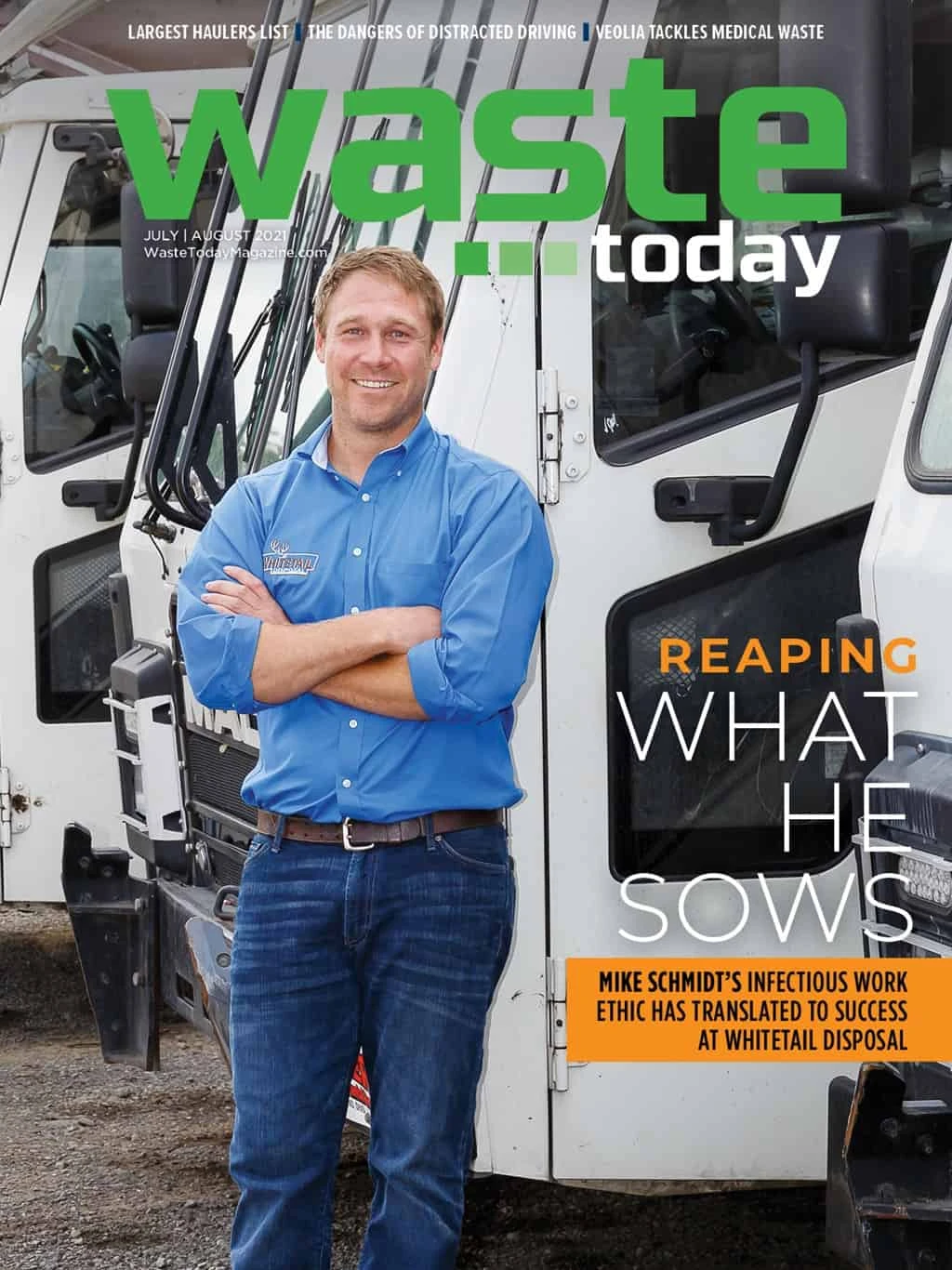The state of Maine made headlines July 12 when Gov. Janet Mills signed L.D. 1541 into law. The passage of the bipartisan bill made Maine the first state in the nation to adopt extended producer responsibility (EPR) laws that will require producers of packaged goods sold in the state to finance the maintenance and expansion of its municipal recycling programs.
Under the new law, Maine’s Department of Environmental Protection will select and contract with a stewardship organization to operate a packaging stewardship program that will reimburse and assist municipalities in providing recycling services throughout the state. Brand owners selling packaged goods must pay fees on all packaging materials to the stewardship organization to fund the system based on the costs of recycling for each material, including infrastructure investments or resident education needed to capture materials statewide. The fee structure, to be determined by DEP rule with stakeholder input, will also include financial incentives for recyclable packaging.
The measure is billed as a way to take the financial burden for packaging recycling off taxpayers and place it on the shoulders of the companies producing these materials, while simultaneously, help protect the environment by ensuring there is an outlet for these materials.
While EPR legislation in the U.S. is nothing new, it is most often associated with specialty product categories such as large appliances, carpet, mattresses, paint and pharmaceuticals. The pervasive nature of packaging in our waste stream makes Maine’s recent legislation all the more significant, as it signals a potential sea change in how recycling infrastructure might be managed throughout the country in the not-so-distant future.
At the time of this writing, Oregon Gov. Kate Brown has a similar piece of legislation on her desk waiting to be signed, which most industry experts believe is imminent. In total, 10 states have packaging EPR bills being debated this year.
Additionally, a number of leading companies responsible for producing packaging have come out in favor of such legislation. Corporations such as The Coca-Cola Co., Walmart and Mars Inc. joined a network of 100 other global businesses in endorsing a recent letter from the U.K.-based nonprofit Ellen MacArthur Foundation that advocated for EPR laws for the packaging industry.
“We support this statement on the important role that well-designed EPR systems can play in keeping packaging material out of the environment and in the circular economy. Good EPR schemes can motivate businesses and help us achieve our circular economy targets,” Michael Goltzman, vice president of global policy and sustainability at The Coca-Cola Co., said in a statement.
How the adoption of packaging EPR legislation might unfurl across the U.S., or how long it might take, is anyone’s guess, but the fact that both state governments and major corporations are behind such measures indicates that how we tackle packaging waste as a country could soon look very different.

Explore the July August 2021 Issue
Check out more from this issue and find your next story to read.
Latest from Waste Today
- Louisiana city launches glass recycling program
- City eWaste, Williamson County, Tennessee, offer electronics recycling stations
- Casella commits $1.5M to launch circular economy center at the University of Vermont
- Mavitec Green Energy expands in US market
- Eagle Dumpster Rental identifies its MRF-unfriendly items
- American Securities acquires Integrated Global Services Inc.
- Fleetio integrates Maintenance Shop Network add-in
- 3rd Eye expands suite of fleet safety solutions





